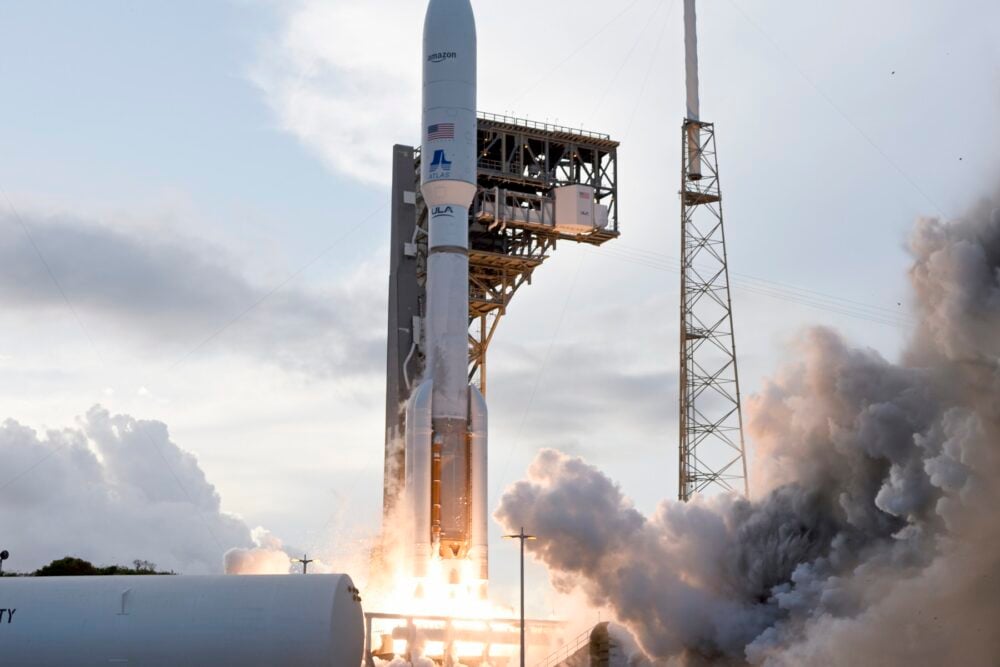After more than a year of delays, Amazon recently successfully launched the first satellites for its space network via its Kuiper satellite. The ambitious project involves sending a total of 3,236 devices into low-Earth orbit, with the goal of providing broadband internet worldwide. The first 27 satellites were launched from Florida, officially starting the development of a constellation that will compete with the already established Starlink, the space internet system of Elon Musk’s SpaceX.
The project is estimated to be worth $10 billion, and the services will be available to end users, companies and government institutions. Although the launch of the first satellites was delayed by more than a year, Amazon plans to make internet connectivity available by the end of this year.

The company is under pressure from the US Federal Communications Commission (FCC), which is demanding that half of its planned fleet of over 1,600 satellites be deployed in orbit by mid-2026. Amazon is likely to request an extension of that deadline, while United Launch Alliance (ULA), which is in charge of the launch, plans to send up to five batches of Kuiper satellites this year.
Although SpaceX has so far launched more than 8,000 Starlink satellites into orbit and serves customers in 125 countries, Amazon believes its technological edge in cloud computing and consumer products gives Kuiper a competitive advantage. Founder Jeff Bezos believes that there is enough space for more successful players in this sector, noting that the systems will also play a significant role in defense applications.
Amazon has secured a record 83 rocket launch contracts with several companies, including its own company Blue Origin, making it the launch industry's largest deal to date.

